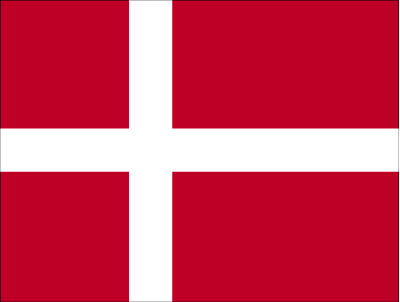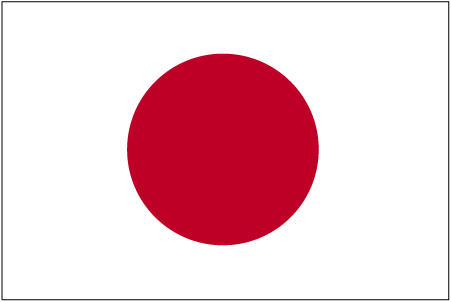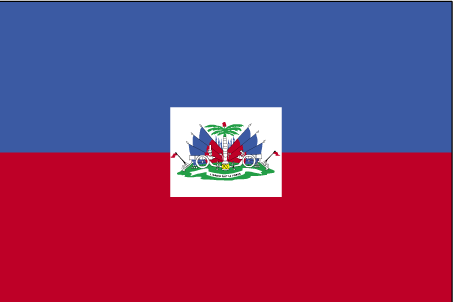Resolution #463
 |
The question of fuel and energy affordability in Small Island Developing States (SIDs). |
| Committee: ECOSOC | |
| Main Submitter: Denmark | |
| Submitted: 15/02/2025 14:59 |
| Status |
|---|
| Passed cosubmitter sheet validation |
| Approved by approval panel |
| Selected for debate by secretariat |
| Failed by committee (ECOSOC) |
Committee Voting
| For: | 4 |
| Against: | 20 |
| Abstentions: | 2 |
Options
Co-submitters
 | Côte D'Ivoire |
 | Australia |
 | Japan |
 | Finland |
 | Bangladesh |
 | Haiti |
 | Guyana |
 | Poland |
Resolution
QUESTION OF: Fuel and energy affordability in small island developing states (SIDS)
FORUM: The Economic and Social Council (ECOSOC)
Submitted by: Kingdom of Denmark
Co-Submitters: Côte d’Ivoire, Japan Australia, Bangladesh, Haiti, Finland
THE ECONOMIC AND SOCIAL COUNCIL,
Noting that small island developing states naturally possess multiple environmentally viable energy sources such as tidal, wind and waves,
Recalling that sustainable development goal 7 which ensures access to affordable, reliable, sustainable and modern energy for all,
Considering that being heavily economically indebted, fuel importation takes a decisive toll on national budgets – for example, Palau (28% of GDP), Guyana (21%) and Maldives (19%),
1. Calls for the creation of a new United Nations sub-committee by the name of The United Nations Committee for Achieving Affordable Energy in SIDs or (UNCAAES) to be overseen by the United Nations Economic and Social Committee, The World Bank and UN-ENERGY with other relevant United Nations bodies in an advisory role which with referral to the advice of the forum in clause 5 and previous relevant conventions such as The SIDS Accelerated Modalities of Action (SAMOA) Pathway, if created this committee will have with aims of but not limited to:
a. ensuring implementation of this resolution in its entirety begins immediately upon its passing with full implementation before the year 2030 with possible deadline extensions on the advice of the forum mentioned in clause five and the executive action of the UNCAEES
b. collecting information, data and reports from verifiable sources and creating a report under the supervision of The Secretary General to be made publicly available across the globe
c. working in collaboration with The Secretary General, relevant United Nations Agencies, specialised NGOs and independent experts prepare a comprehensive biannual report on the links and effects of The Growing Global Population on climate change to be presented to The United Nations General Assembly at the nearest appropriate session and to be published on The United Nations Website with member nations and relevant NGOs encouraged to provide data, studies and other relevant information to ensure this report meets the high standards demanded by The UN;
2. Proposes that The United Nations Economic Council work in conjunction with The International Monetary Fund (IMF), The World Bank and with UN-ENERGY in an advisory role, in order to take immediate action to increase the availability of economically viable power sources in small island developing states through means of but not limited to:
a. provide grants and loans to less economically developed small island states to ensure they can invest in environmentally friendly energy sources with The IMF overseeing the allocation of funds and The UNODC acting as an impartial anti-corruption and anti-misallocation body
b. reduce tariffs and taxes on energy companies and parts required to successfully utilise the already available energy sources in Small Island Developing State with the aim of increasing the long-term investment in the energy sector in SIDS
c. create a new research grant funding initiative in order to foster competition and innovation in the energy sectors of small island developing states
d. assisting small island states with the brokering off energy sale deals and if necessary, providing financial incentives to encourage MNCs and member nations to purchase excess energy from small islands developing states
e. overseeing the complete funding of this resolution and general allocation of funds towards clauses contained in this resolution;
3. Promotes the creation of a new education initiative to be led by UNESCO and The Third Committee (Social, Humanitarian, and Cultural), aimed at enhancing energy literacy, providing skills training, and fostering innovation within the energy sector in SIDS, ensuring that local communities are empowered to engage in sustainable energy solutions;
4. Urges SIDS to strengthen national policies, frameworks, and regulations to incentivize the development of decentralized and community-based energy solutions, ensuring greater energy access for rural and remote areas, as well as improved energy resilience in the face of climate impacts;
5. Requests that the United Nations convene a hybrid, biennial Global Energy Forum for SIDS in The United Nations Headquarters in New York, bringing together member states, relevant UN bodies, experts in relevant fields and financial institutions to discuss the progress made towards achieving energy affordability and sustainability in SIDS, identify barriers to implementation, and propose solutions to overcome those challenges;
6. Calls for the establishment of a comprehensive partnership between SIDS, international development organizations, and private sector stakeholders to scale up investment in clean energy technologies, including but not limited to:
a. promoting and facilitating access to green bonds, renewable energy funds, and blended finance models to support large-scale renewable energy projects in SIDS
b. expanding partnerships with technology providers to ensure the transfer and deployment of advanced clean energy technologies tailored to the unique needs and challenges of SIDS
c. supporting the development of resilient infrastructure that can withstand the impacts of natural disasters and climate change, thus ensuring sustainable energy access in both urban and rural areas of SIDS;
7. Urges SIDS governments to adopt policies that:
a) provide tax exemptions and subsidies for renewable energy investments and green technologies
b) develop national energy transition roadmaps with clear targets for reducing fossil fuel dependence and increasing renewable energy adoption
c) establish robust regulatory frameworks to promote competition in energy markets and prevent monopolistic price control by energy providers.